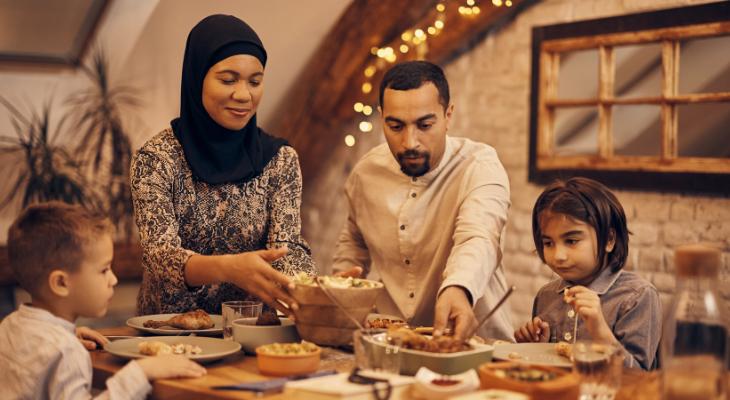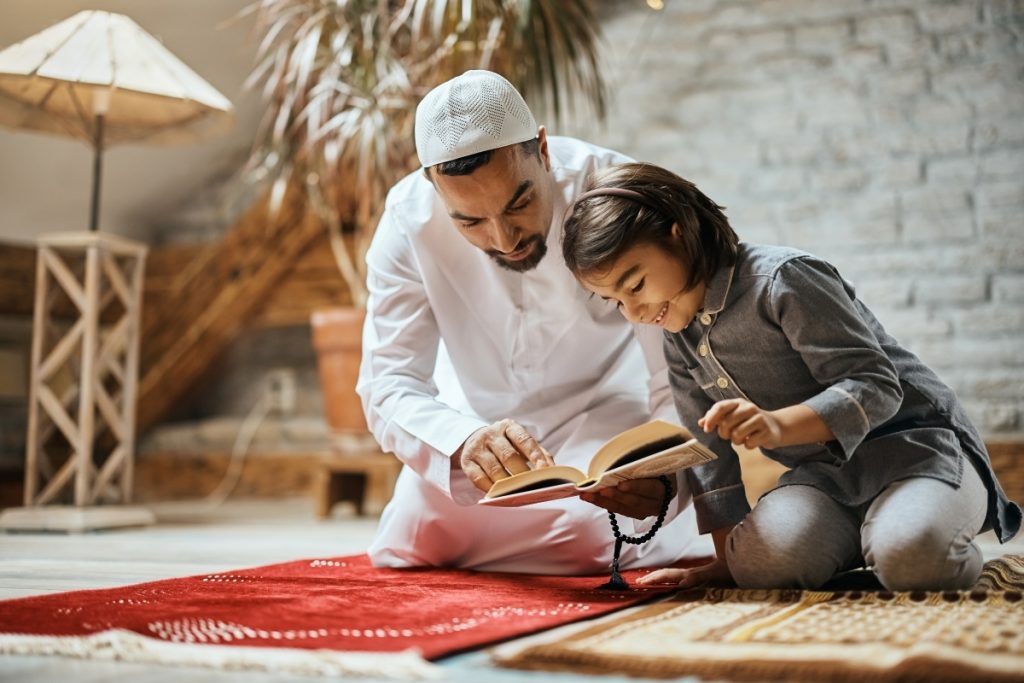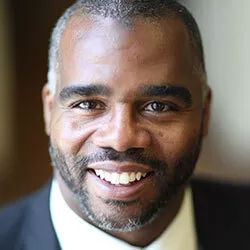A Ramadan Prayer for Open Hearts, Broken Hearts and All Hiding Their Pain
April 7, 2022

What is amazing about this practice of Ramadan is that there is no way of knowing whether you are fasting or not. You can say you are and sneak a cookie or a sip of water and not a soul would be any the wiser. Fasting is really an act of worship that is between you and the Creator of the Universe. Only God knows if you are fasting. It is on this point that I would like to linger a bit: despite how people may or may not present themselves we generally know almost nothing about one another.
This can be expressed in the ways that some people in the world have gotten “ahead” in the world. Sometimes people elevate others that look like them or remind them of themselves, and this means that a lot of folks that do not share their gender or skin color or cultural background are then left on the outside looking in for an opportunity that may allow them to thrive. This sort of outward thinking also applies to those of us in simple moments. We may see one another every day, we may love one another deeply, but do we know what another person is going through?
I submit in this very human moment, in a very human way, that everything is not always what and how it seems. Some of us are sitting here with our hearts wide open – as open as the Mississippi is long. Our willingness to give of our own selves and our own time can fill up the space from the Great Lakes to the Gulf of Mexico. We have reservoirs of strength that have allowed us to be present, even in moments when our sense of nostalgia or our anxiety would normally shift our gaze to some idyllic past or some tragic future. And yet, if you looked at us, we might have what looks like a scowl – some people might dismiss our inner beauty because all they see to them is the marking of someone who is “mean” or “rude.”
So, I invite you to look past the grit, or the etched lines of sorrow that may line the faces of some and see beyond that to the wells of courage. Tap into that. Similarly, there are some of us whose hearts are broken. This reminds me of the famous Paul Laurence Dunbar poem:
We wear the mask that grins and lies,
It hides our cheeks and shades our eyes,—
This debt we pay to human guile;
With torn and bleeding hearts we smile,
And mouth with myriad subtleties.
Why should the world be over-wise,
In counting all our tears and sighs?
Nay, let them only see us, while
We wear the mask.
We smile, but, O great Christ, our cries
To thee from tortured souls arise.
We sing, but oh the clay is vile
Beneath our feet, and long the mile;
But let the world dream otherwise,
We wear the mask!
In truth, some of us have hidden diagnoses of disease with terrifying prognoses. Some of us have been hurt and battered and abused and not a soul knows. Some of us have hurt and battered and abused others and we now sit in that personal grief and sorrow – knowing our actions could never be excused.
Share
Related Articles
American Civic Life
American Civic Life
In Ramadan’s Spirit Of Hope, New York’s Muslims Cautiously Open Mosques
News

So, as we reflect on Ramadan, let us not be the ones sitting in judgment of others. You are not better than another person. In my tradition we know that one’s wealth or possessions or accumulation of things is not what gives us any value. Islam sees each individual human being as having intrinsic value and worth. Your soul is what makes you special, not what you make or use or what you can buy or what you look like.
To those reading this, please take a moment to acknowledge that as we sit here today all the things in the known universe, every action that has happened, every movement of even the smallest quark to the largest quasar has all occurred for this moment to happen here and now. If we gently consider our friends, family, co-workers, those we are in some kind of community with, and consider that you may not know all of their complexity and grandeur. Know that our souls, not these bodies, not this presentation of ourselves, our souls were meant and written by the Creator of the Universe to be in community with one another.
I will end this reflection with a prayer: “Protect us always from hearts that are not humble, tongues that are not wise and eyes that have forgotten how to cry.” – Imam Khalid Latif
Amin.
About Ramadan:
Muslims pray five times a day, attend congregational prayer service once a week, we sight the new moon each month, we observe Ramadan once each year, and we hope to make the pilgrimage to Mecca once in a lifetime. Ramadan is the ninth month in the Islamic Calendar. The Muslim calendar is a lunar calendar using the phases of the Moon and has 12 months of 29 or 30 days and lasts between 354 or 355 days. The calendar begins when the early Muslims, in a pivotal moment in their development, left the Holy city of Mecca for Medina. That event was called the “Hijri” and thus the Muslim calendar is known as the Hijri calendar. It is about 11 days shorter than the current solar calendar which is universally used that we know as the Gregorian Calendar. In Ramadan, Muslims that are able (such as they are not sick, nursing, or travelling), fast from food or water (yes, even water), and sexual relations with their spouses from sunup to sundown.
Ibrahim Abdul-Matin was the co-founder of Green Squash Consulting and the author of “Green Deen: What Islam Teaches About Protecting the Planet.” Abdul-Matin passed in June 2023. Eboo Patel, IA Founder and President, shares, “A Tribute to ibrahim abdul-matin, Activist, Author, and a Dear Friend.”




